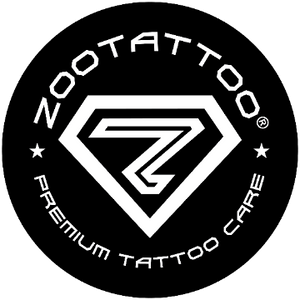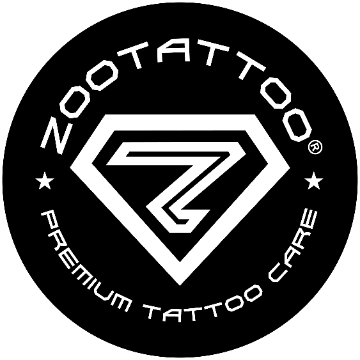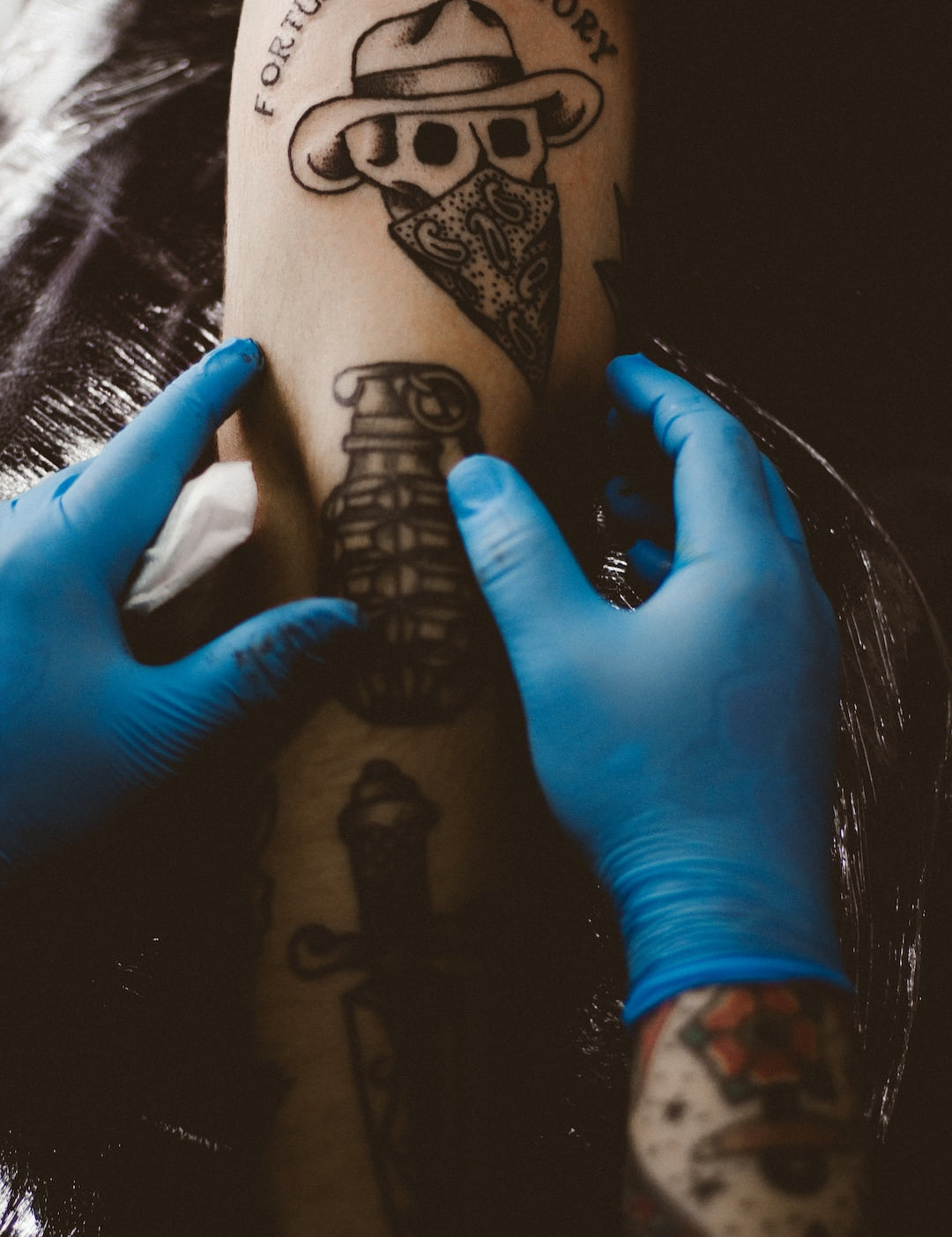Removing Unwanted Tattoos: Exploring Different Removal Methods

So, you got a tattoo that you regret? Don't worry, you are not alone. Many people have found themselves in a similar situation, wanting to remove a tattoo that no longer holds the same significance or simply doesn't fit their current lifestyle. Fortunately, there are several effective tattoo removal methods available today that can help you say goodbye to that unwanted ink.
1. Laser Tattoo Removal
One of the most popular tattoo removal methods is laser tattoo removal. This technique uses high-intensity laser beams to break down the tattoo ink into smaller fragments. The body's immune system then flushes out these tiny ink particles over time.
Laser tattoo removal is a non-invasive procedure that is generally safe and effective. However, it may require multiple sessions depending on the size, color, and depth of the tattoo. The process can be slightly uncomfortable, with some comparing the sensation to the snapping of a rubber band against the skin. But don't worry, pain can be managed with topical numbing creams or local anesthesia.
2. Surgical Excision
If you have a small tattoo that you want to remove quickly, surgical excision may be an option. This method involves cutting out the tattooed skin and stitching the surrounding skin together. Surgical excision is generally recommended for smaller tattoos, as larger tattoos may require skin grafting.
While surgical excision offers immediate results, it is an invasive procedure that may leave a scar. It's also important to consult a professional to determine whether this method is suitable for your specific tattoo.
3. Dermabrasion
Dermabrasion is a tattoo removal technique that involves removing the outer layers of the skin using a high-speed rotary device. This process effectively "sands" away the tattooed skin, allowing new skin to grow in its place.
While dermabrasion can effectively remove tattoos, it can be a painful procedure. Local anesthesia or numbing creams are usually applied before the treatment to minimize discomfort. Also, keep in mind that dermabrasion may require multiple sessions and can cause temporary redness, swelling, and scabbing.
4. Chemical Peels
Chemical peels can also be used to remove tattoos, especially those with lighter ink. This method involves applying a chemical solution to the tattooed area, which causes the skin to blister and eventually peel off.
Chemical peels require multiple sessions and may cause temporary redness and discomfort. It's essential to consult a professional to determine the best type of chemical peel for your tattoo and skin type.
5. Tattoo Removal Creams
Tattoo removal creams are an over-the-counter option for those looking to fade their tattoos gradually. These creams typically work by breaking down the tattoo ink and allowing it to fade over time.
While tattoo removal creams may sound like an appealing and affordable option, it's important to note that their effectiveness varies. Some creams may produce minimal results, while others may cause skin irritation or allergic reactions. It's always best to consult with a professional before using any tattoo removal creams.
6. Cryosurgery
Cryosurgery involves freezing the tattooed skin with liquid nitrogen and then using a surgical tool to remove the frozen layers. This method is often used for smaller tattoos or to lighten a tattoo before a more extensive removal treatment.
Like other removal methods, cryosurgery may require multiple sessions, and it can cause temporary blistering, redness, and scarring. It's crucial to consult a qualified professional to determine if cryosurgery is suitable for your specific tattoo.
7. Salabrasion
Salabrasion is a tattoo removal technique that involves rubbing salt on the tattooed area to remove the ink. This method is often combined with dermabrasion to enhance its effectiveness.
Salabrasion is an abrasive process that can be uncomfortable and may cause temporary redness, swelling, and scabbing. It's important to consult a professional before considering salabrasion, as it may not be suitable for all tattoos.
Choosing the Right Tattoo Removal Method
When it comes to tattoo removal, there is no one-size-fits-all solution. The most appropriate method for you will depend on various factors, including the size, color, age, and location of your tattoo.It's crucial to consult with a professional tattoo removal specialist who can evaluate your tattoo and recommend the most effective removal method for your specific situation. They will take into account your skin type, tattoo characteristics, and any previous attempts at removal.
Remember, tattoo removal is a process that takes time and patience. While some tattoos may fade completely, others may only lighten or require additional treatments to achieve the desired results. It's essential to set realistic expectations and follow the aftercare instructions provided by your tattoo removal specialist.
Say Goodbye to Unwanted Tattoos
If you're ready to part ways with your unwanted tattoo, exploring different tattoo removal methods is the first step towards a fresh start. Whether you opt for laser tattoo removal, surgical excision, dermabrasion, chemical peels, tattoo removal creams, cryosurgery, or salabrasion, remember to consult with a professional and choose the method that best suits your needs.
While tattoo removal can be a journey, it's worth it to regain the confidence and freedom of a tattoo-free canvas. Embrace the possibilities and say goodbye to those unwanted tattoos.

FREE SHIPPING on orders over $100AUD to USA, Australia, Canada, New Zealand, UK, Belgium, Germany, France, Ireland, Switzerland and Netherlands ORDER HERE** Not redeemable with other promotional discounts.
0 comments



